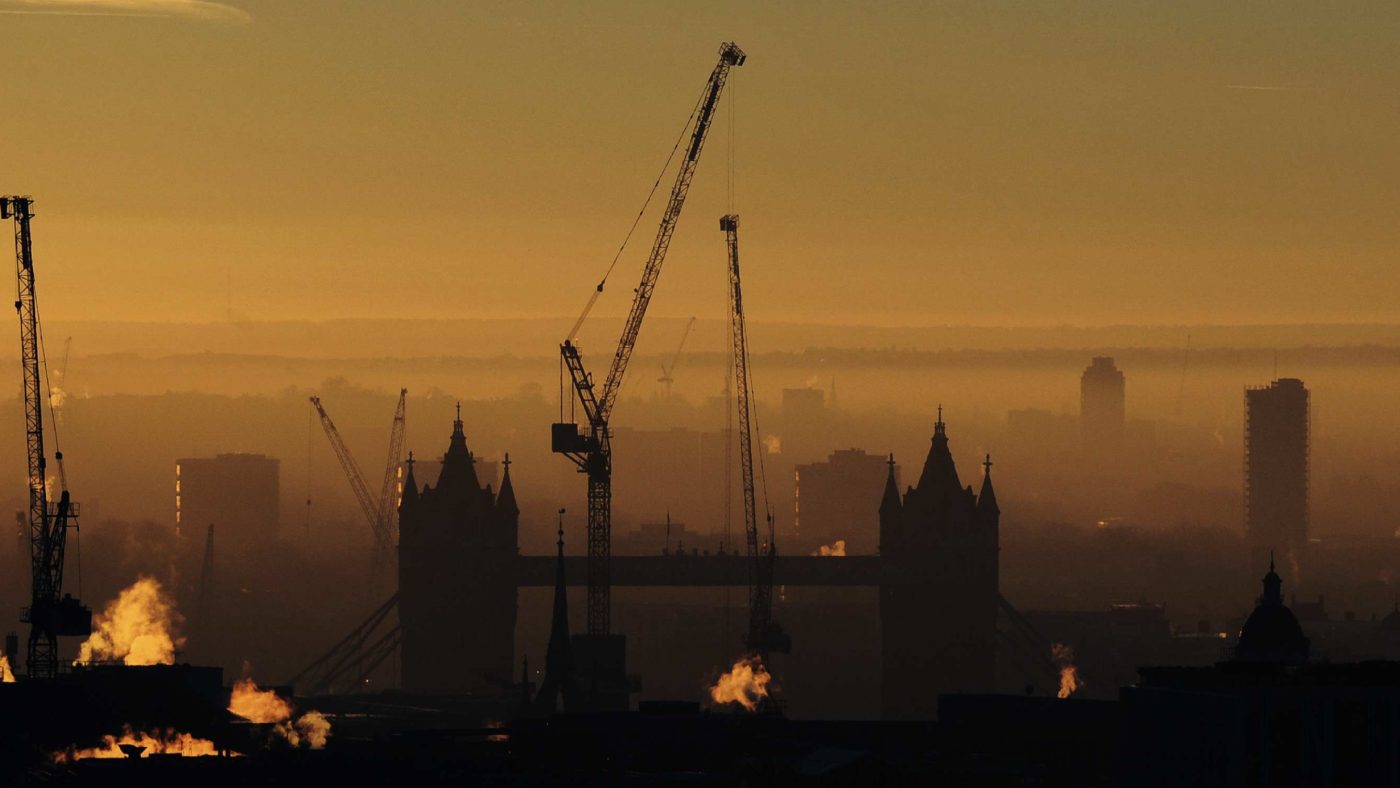Last month marked 10 years since Bear Stearns collapsed and was purchased by JPMorgan Chase. Having lost billions of dollars in subprime mortgage investments, Bear Stearns’ price declined from $30 per share to $2. The shocking news sent the global stock markets tumbling. The financial meltdown of 2008 and the subsequent economic downturn threatened to unleash the forces of nationalism and undermine the relatively open exchange of goods, services and ideas that are the modus operandi behind the astonishing rise in human prosperity.
The threats to the political and economic underpinnings of Western countries (i.e. some combination of liberal democracy and free enterprise) seemed ominous. Writing in The New York Times, Thomas Friedman mused about the advantages of the Chinese political model. The Washington Post, in the meantime, asked if we were witnessing “The End of American Capitalism?”
It was in response to that crisis that we decided to create Human Progress – a website that aims to bridge the gap between the reality of human experience that is characterised by continued, if incremental, improvements and public perception that tends to be pessimistic about the current state of the world and sceptical about humanity’s future prospects. Looking back, what are we to make of the last ten years?
It is hardly original to acknowledge that all human institutions, including liberal democracy and free enterprise, suffer from their share of imperfections. But, perfection is not for this world. As the German philosopher Immanuel Kant observed in 1784, “Out of the crooked timber of humanity no straight thing was ever made.”
That said, it is very important to remind ourselves that, compared to the alternative political and economic arrangements (Russia and China spring to mind), open societies continue to do very well. In spite of all of their problems and shortcomings, open societies remain in the richest, safest, healthiest and happiest places on Earth. And while we may spend inordinate time and effort navel-gazing, immigration patterns clearly show that millions of people from other parts of the world would be happy to make a new start in our neck of the woods.
To be sure, critics and opponents of open societies have made some electoral gains in the West, including, most significantly, in the United States. But, no Western nation embraced autarky or dictatorship, which suggests that the intellectual consensus surrounding the superiority of liberal democracy and free enterprise continues to hold. That is surely a marked improvement on the political and economic disasters that followed after the Great Depression broke out in 1929.
Depending on the measure used, the global spread of economic and political freedoms has either plateaued or suffered a slight reversal. Still, instances of democratic retreat (Turkey) are often offset by instances of democratic awakening (Nigeria). Likewise, economic disasters (Venezuela) tend to be offset by economic success stories (Peru).
In contrast to countries in the West, the developing world escaped from the Great Recession relatively unscathed and progress on most measures of human well-being continued unabated. These improvements are too numerous to mention, but suffice it to say that the United Nations’ Millennium Development Goals, which aimed at poverty reduction, better education, greater gender equality, reduced child mortality, improved maternal health, combatting disease and higher environmental quality, have met with considerable success.
Crucially, the concept of human progress is finally getting the press it deserves. When the University of Maryland economist Julian Simon performed the role of global Mr. Optimist in the 1980s and 1990s, his was a lonely and thankless task. That is no longer the case.
Simon’s baton was picked up by the British author Matt Ridley. Others, including Ronald Bailey of Reason magazine, Johan Norberg from the Cato Institute, Charles Kenny from the Center for Global Development, Gregg Easterbrook from The Atlantic, Angus Deaton from Princeton University, Deirdre McCloskey from the University of Illinois at Chicago, followed.
The inimitable Hans Rosling from the Karolinska Institut died last year, but Steven Pinker from Harvard University has recently published a sensational book on human progress called Enlightenment Now.
All in all, humanity has weathered the challenges of the last decade rather well and there is no obvious reason why it should not thrive in the next. Reminding the public of the improving state of the world will, hopefully, lead to a greater appreciation of the blessings of open societies and strengthen peoples’ commitment to liberal political and economic institutions.


